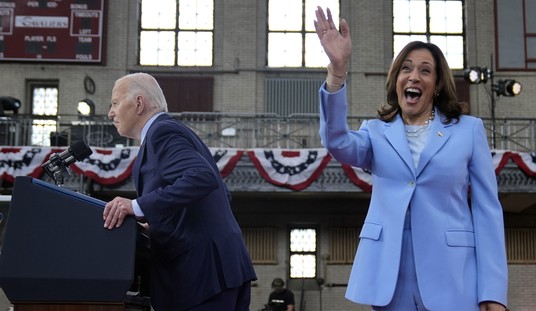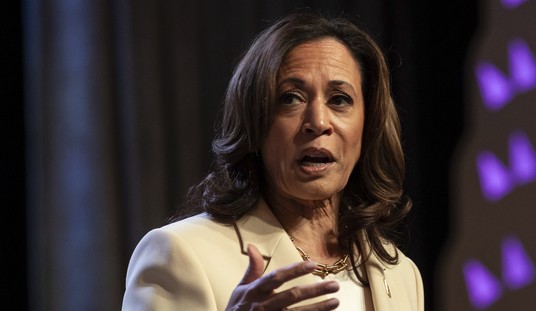I was struck by the vehement opposition among some of my Australian friends to a proposed “Australian Bill of Rights”. Australia is the only Western country with neither a constitutional nor legislative bill of rights. I was familiar with the US Bill of Rights and could not quite understand why an equivalent set of provisions should be regarded as a menace to Australian liberty. It was not until I attended a talk by an Labor Party official (who uncharacteristically opposed it) and halfway through his presentation that I realized that the term “Bill of Rights” as used had almost exactly the opposite connotation in an Australian setting.
In the US, the Bill of Rights commonly refers to the first 10 amendments to the Constitution and are a list of limits on government. They are a decalogue of ‘thou shalt nots’. They are an enumeration of limits on government. “Congress shall make no law respecting an establishment of religion, or prohibiting the free exercise thereof …or abridging the freedom of speech … the right of the People to keep and bear Arms, shall not be infringed … the right of the people to be secure in their persons, houses, papers, and effects, against unreasonable searches and seizures, shall not be violated” etc. But in other political contexts, a bill of rights is a list of entitlements, such as the “right to health care”, “the right to a safe workplace”. In that situation, the fulfillment of “rights” becomes indistinguishable from a grant of power to government. In Australia some scholars are worried that a ‘bill of rights’ will give unelected judges too much power over the population; that rather than serving as a brake on state authority, it will only provide a pretext for increasing it. Professor John Kilcullen wrote:
The courts interpret the constitution, and from the highest court there is no appeal (though the Constitution can be amended — a difficult process). … To many it seems better to keep the courts free of politics and leave rights issues to the ordinary political process, in which politicians can be held responsible by the electorate — on this view the best safeguard of basic rights is the political culture of a democratic country.
By keeping the powers in legislature it was argued, the electorate could always change what they didn’t like. Given that Australian suspicion toward authority as background, it was interesting to learn that Cass Sunstein, the head the White House Office of Information and Regulatory Affairs, actually argued that liberty was a function of dependency. In an essay entitled, Why We Should Celebrate Paying Taxes authored in 1999 Sunstein described his theory of liberty and his defense of “welfare rights”:
Who decides, in the United States, how to allocate our scarce public resources for the protection of which rights for whom? What principles are commonly invoked to guide these allocations? And can those principles be defended? These questions deserve more discussion than they usually receive, unclouded by the dim fiction that some people enjoy and exercise their rights without placing any burden whatsoever on the public fisc.
In any case, to recognize the dependency of property rights on the contributions of the whole community, managed by the government, is to repel the rhetorical attack on welfare rights as somehow deeply un-American, and totally alien or different in kind from classical or “real” rights. No right can be exercised independently, for every rights-holder has a claim on public resources–on money that has been extracted from citizens at large.
For all rights–call them negative, call them positive–have that effect. There is no liberty without dependency. That is why we should celebrate tax day. As Oliver Wendell Holmes, the great Supreme Court justice, liked to say, taxes are “the price we pay for civilization.”
I think Sunstein has it backwards. People do not owe their existence to government. Government owes its existence to the people. If the mere existence of government guaranteed liberties, then Stalin’s USSR would have been the freest place on earth. Dependency is demonstrably not a sufficient condition for liberty. That a free people can exist prior to government seems settled historical fact; otherwise the United States would have sprung into existence ex nihilo. The Declaration of Independence — to my nonlawyerly mind — seems to maintain, contrary to Sunstein, that the freedom of people is not the consequence of the existence of government, but that representative government is the consequence of the existence of a free people.
We hold these truths to be self-evident, that all men are created equal, that they are endowed by their Creator with certain unalienable Rights, that among these are Life, Liberty and the pursuit of Happiness. — That to secure these rights, Governments are instituted among Men, deriving their just powers from the consent of the governed, — That whenever any Form of Government becomes destructive of these ends, it is the Right of the People to alter or to abolish it, and to institute new Government, laying its foundation on such principles and organizing its powers in such form, as to them shall seem most likely to effect their Safety and Happiness.
Maybe it is a pedantic difference, but perhaps an important one. Just as rights defined as entitlements are different from those defined as restrictions on government, so is the idea that “there is no liberty without dependency” distinguishable from the notion that free association can only be granted by the exercise of liberty. You have to begin somewhere, and I think Sunstein starts at the wrong end. Perhaps the strongest refutation of the dependency theory of liberty is the loss of freedom experienced by those who come under the rule of an all-encompassing government. Recently in Venezuela the “Bolivarian” Hugo Chavez has been shutting down radio stations in order to “democratize” media ownership. Well given that ‘liberty is dependency’, why not?
CARACAS, Sept 5 (Reuters) – Venezuela will pull the plug on 29 more radio stations, a top official in President Hugo Chavez’s government said on Saturday, just weeks after dozens of other outlets were closed in a media clampdown.
Infrastructure Minister Diosdado Cabello closed 34 radio stations in July, saying the government was “democratizing” media ownership. Critics say the move limits freedom of expression and has taken critical voices off the airwaves.
The powerful Chavez ally has threatened to close over 100 stations in total, part of a long-term campaign against private media that the government says are biased against Chavez’s government.
In Orwell’s 1984, the Party’s proudest slogans are: “War is Peace; Freedom is Slavery; Ignorance is Strength.” One might object that “words matter”, but then maybe that’s only true sometimes.









Join the conversation as a VIP Member